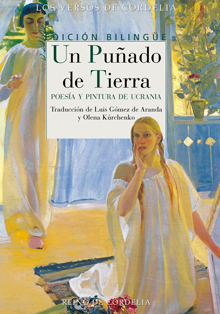Next Thursday, September 8th, a new webinar of the cycle dedicated to Islamic finance in North Africa organised by the SCIEF Observatory – Casa Árabe de Finanzas Islámicas en España will take place, dedicated to Egypt. Register here to attend.
Shariah-compliant banking represents around 5.5% of the Egyptian banking market, with a growth rate of 12.2% compared to March 2020 (data from the Egyptian Islamic Finance Association (EIFA)). Of the 38 banks operating in Egypt, 14 offer Islamic banking products, including three full-fledged Islamic banks: Faisal Islamic Bank of Egypt (31% of the Islamic banking sector), Abu Dhabi Islamic Bank (21%), and Al Baraka Bank (19%), in addition to the Islamic banking arm of Banque Misr (22%) and ten other Islamic branches of conventional banks. There are 248 Islamic banking branches serving some three million customers in Egypt (Daily News Egypt, 06/03/22).
The Egyptian government is making further progress in developing its financial sector and increasing financial inclusion in the country (56.2% of the adult population – CBE, Eleqtisade News, 26/04/22). Beyond the banking system it introduced Sukuk (Islamic bonds) law in the amended Capital Market Law No. 17 of 2018, including a reorganisation of the issuance and trading of all forms of sukuk. The country offers ample investment opportunities that can attract Islamic funds for development financing, be it infrastructure projects, corporate and SME financing or consumer finance. Egypt’s growing economic development needs and the values of the population offer promising prospects for Islamic finance.
In this context, the roundtable, organised by the Observatory of Islamic Finance SCIEF-Casa Árabe in Spain, will explore the potential of Islamic finance to contribute to financial development in Egypt, in SME and corporate finance, as well as in the capital market. The webinar will feature Rania Abdelfattah, Mostafa El Eskandarany, Nourhan El Sharkawy, Mohamed Shousha and Abdallah Kenawy, moderated by Professor Fatiha Talahite (CNRS & Paris Nanterre University), with an initial introduction by Mehmet Asutay (Durham University).







